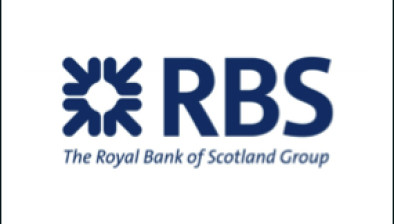RBS: Hiring activity continued to surge in Scotland during June
Sebastian Burnside
Scottish labour market conditions saw further recovery during June, according to the latest Royal Bank of Scotland Report on Jobs.
Hiring activity surged again amid reports that companies were stepping up their hiring efforts in line with easing COVID-19 restrictions and rising economic activity.
The latest upturn in permanent placements slowed noticeably from May’s all-time high, but was still rapid overall, while temp billings growth also remained historically elevated. Meanwhile, vacancies for both permanent and short-term staff increased at the steepest rates in the survey’s history.
However, recruiters signalled steeper falls in staff supply, with respondents citing shortages in some sectors and a reluctance among candidates to switch roles due to COVID-19 related uncertainty.
The supply of permanent candidates across Scotland fell for the fifth month in a row, while the availability of temporary candidates fell substantially to an all-time low, signalling the steepest downturn in temp staff supply on record.
The report shows that starting salaries continued to rise. According to panellists, the shortage of candidates had placed pressure on pay rates.
Demand for permanent staff across Scotland was broadly in line with the rates seen across the UK as a whole and across the monitored sectors, IT and computing registered the quickest increase in vacancies, followed by engineering and construction.
Sebastian Burnside, chief economist at Royal Bank of Scotland, commented: “June data pointed to a sustained rebound of the Scottish labour market, with further upturns in both permanent staff appointments and temp billings. The rate of increase in the former slowed from May’s record, but remained rapid, while temp billings continued to rise at one of the quickest rates in the survey’s history.
“Demand for staff surged again too, with vacancies for both permanent and contract staff rising at the strongest rates on record. At the same time, the supply of workers dropped steeply again, with respondents noting that caution among some candidates around moving roles had led to some shortages. With lockdown measures set to ease further and a return to more normal business conditions, these concerns should diminish, which should support a sustained rebound in Scottish labour market conditions over the coming months.”









